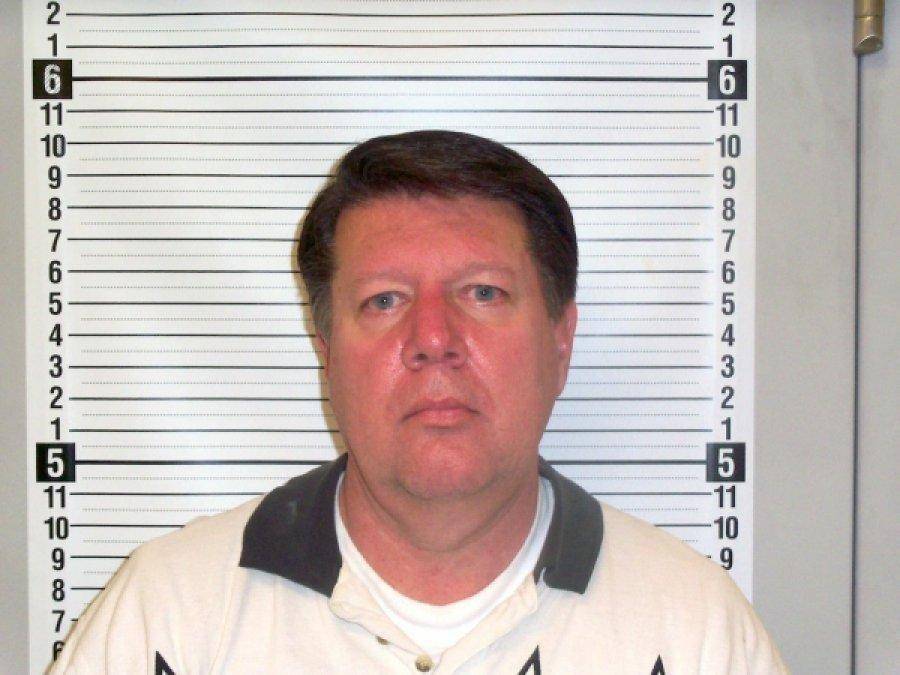After waiving his right to a jury, former Emery County employee Cardell Sackett pleaded guilty on six separate controlled substance charges Wednesday. Seventh District Court Judge George Harmond Jr. accepted the pleas in abeyance and sentenced Sackett on the charges.
After being arrested on March 8 following a month-long investigation involving the distribution of prescription medication, Sackett was charged with four first-degree felonies, six second-degree felonies, one third-degree felony and one misdemeanor associated with distribution and/or possession of a controlled substance in a drug-free zone. At the time of the allegations Sackett was an employee of Emery County.
Represented by attorney Mark Tanner, Sackett waived his right to a preliminary hearing in March. At that time, Judge Harmond released the defendant on his own recognizance while under house arrest.
After receiving counsel from his attorney, Sackett decided to plead guilty on six charges including distribution and possession of a controlled substance. In return for his guilty plea, all six charges would be reduced to third degree felonies and all other charges dropped. Emery County Deputy Attorney William Langston agreed to these terms as well as recommended that Sackett complete a drug court program and pay restitution for all dismissed counts to cover drug task force expenses for this case. The misdemeanor distribution and/or possesion in a drug-free zone charge was dropped as part of the deal.
Judge Harmond accepted a 36-month plea in abeyance agreement that included probation and random drug testing. The judge also made clear that if Sackett is involved in any future controlled substance crimes, repercussions would be greater due to the defendants current offenses.
Though Sackett appeared calm and relaxed during the arraignment, he did question the validity of the county’s drug testing procedure. He, along with his attorney, claimed that on April 2 a urine analysis was performed using a dipstick method. The test was performed twice and both times came back positive for Benzophenone, a substance found in several types of pain relievers. Sackett had a third test completed at a local clinic later that day that came back negative. Due to the serious consequences Sackett faces if an ordered drug test comes back positive, the defense wanted to ensure that testing procedures be accurate and non-misleading.
Tanner explained his client will continue taking a prescribed medication by an approved physician. The court did take note and Judge Harmond assured Sackett that it would be considered during future testing.
It was revealed during the arraignment that the defendant had Hydrocodone, Hydromorphone and Diazepam, all controlled substances in his possession at the time of the alleged incidents. This concerned the deputy attorney and Judge Harmond who reminded Sackett that if for any reason he fails to abide by the court sentence, he may face up to $25,000 in fines and up to 29 years in prison.
If Sackett successfully completes the 36-month plea in abeyance agreement, the third-degree felonies will be reduced to class A misdemeanors, and two of the charges potentially dropped. At the completion of the agreement the defendant will pay $1,000 in restitution fees.
When asked if he had anything to say to the court, Sackett replied, “I’m anxious to find out what it’s all about (drug court). I hate signing something I don’t know about.”
Sackett was set to begin drug court on April 11 and all previous house arrest stipulations were lifted.
В

